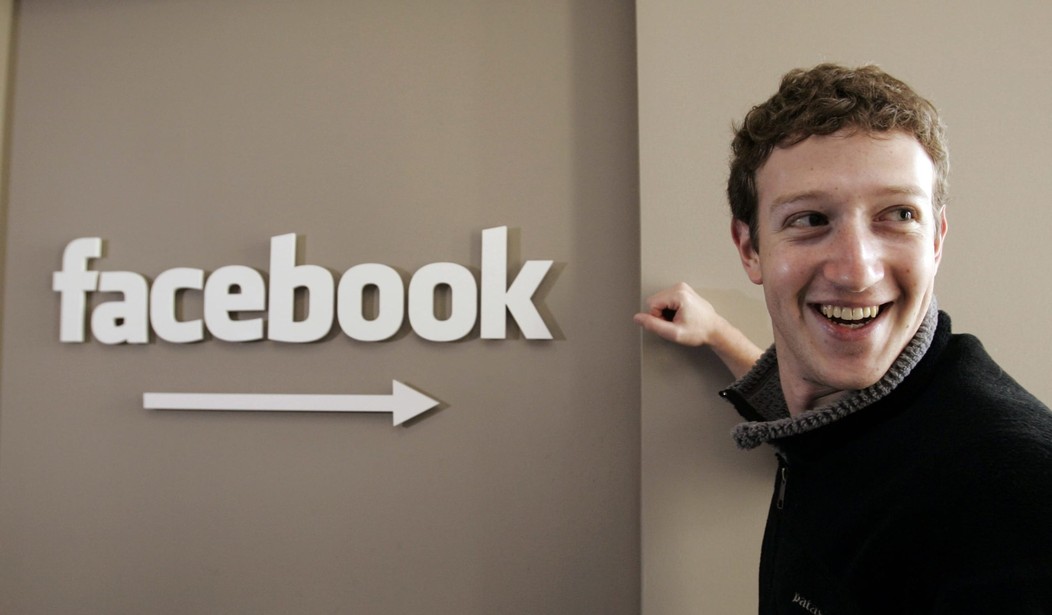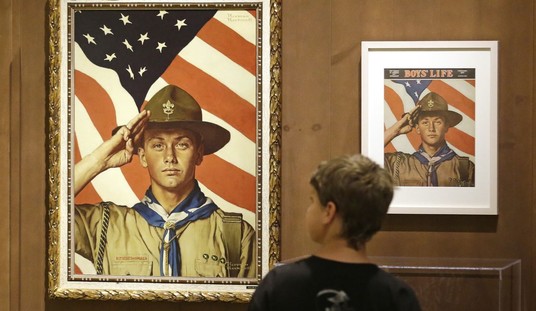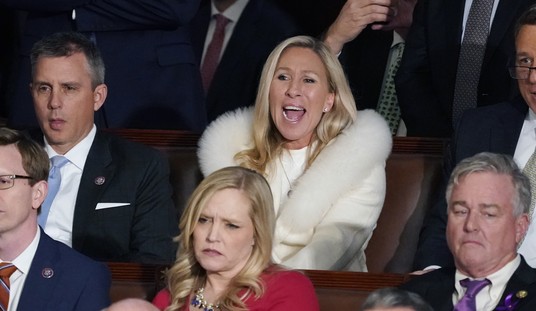On Tuesday, a coalition of 32 liberal organizations including the Southern Poverty Law Center (SPLC), Media Matters, MoveOn, and the NAACP sent a letter demanding Facebook restructure its board of directors, removing CEO Mark Zuckerberg and COO Sheryl Sandberg, adding three members, and including a “permanent civil rights ombudsman.” As would be expected from the SPLC, the groups denounced the “hate” Facebook supposedly supports.
The liberal groups insisted they have “engaged directly with your company in good faith, seeking change from within the company that we hoped would address … how the platform has been used by hate groups, political entities, and others to stoke racial or religious resentment or violence.”
Citing a recent New York Times exposé about Facebook, the groups argued that “in the face of clear evidence that Facebook was being used to broadcast viral propaganda and inspire deadly bigoted campaigns, the company’s leadership consistently either looked the other way, or actively worked to lobby against meaningful regulation, shifted public opinion against its allies, and personally attacked its critics.”
While Russian operatives were able to use Facebook to peddle misinformation, the accusation that Facebook inspired “deadly bigoted campaigns” seems a clear reference to President Donald Trump’s 2016 campaign — specifically his announcement speech, which The New York Times characterized as charged with “racist sentiment.” The Times suggested that Facebook’s decision not to ban Trump’s speech was an early sign of failure, and it seems the SPLC decided to ratchet this up a notch.
“Your company chose to target civil rights groups and our allies instead of changing the way you do business,” the groups alleged, referencing Facebook’s decision to hire the firm Definers Public Affairs to address its public image problem.
Facebook hired Definers to push back after the liberal organization Freedom From Facebook protested the social media giant. Protesters even held a sign showing Sandberg and Zuckerberg’s heads on an octopus, reminiscent of anti-Semitic campaigns in the past. Facebook responded with research into Freedom From Facebook and research into whether or not liberal billionaire George Soros funded its affiliated groups.
The SPLC coalition characterized this research as “mimicking the tactics of the worst, disreputable political operatives and hate groups.” The groups accused Facebook of jeopardizing “the safety and security of people who have dedicated their lives to the common good. This decision crossed all lines of common decency.”
The SPLC coalition even suggested that funding research into George Soros constitutes anti-Semitism. “It’s an absolute disgrace that Facebook sought to deflect criticism and discredit advocates by exploiting anti-Semitic campaigns against philanthropist George Soros,” they wrote.
This charge echoed a growing movement to denounce any criticism of Soros — a billionaire who finances all sorts of Leftist groups — as anti-Semitic.
Yet the SPLC coalition also blasted Facebook for denouncing the octopus image as anti-Semitic. “Unbelievably, Facebook sought to have their cake and eat it too; while you weaponized anti-Semitism directed at Mr. Soros, you attacked legitimate criticism of the company as anti-Semitic,” the groups wrote.
Facebook is far from innocent, as the many conservatives who find their posts marked as “hate speech” know far too well. Ironically, the social media giant seems to be listening to the SPLC far too much, not too little.
The SPLC has recast mainstream conservative and Christian groups as “hate groups” for supporting traditional sexual morality and opposing transgender identity. It lists Alliance Defending Freedom (ADF), a Christian legal nonprofit that has won 9 Supreme Court cases in seven years, and the Family Research Council (FRC) as “hate groups,” on the same list as the Ku Klux Klan. In blasting the small Catholic nonprofit the Ruth Institute as a “hate group,” the SPLC referenced the Catechism of the Catholic Church, suggesting the Roman Catholic Church is itself a “hate group.”
The SPLC’s “hate map” inspired a terrorist attack against the FRC in 2012. James Hodgkinson, the man who shot Rep. Steve Scalise (R-La.) at the congressional baseball game practice last year, “liked” the SPLC on Facebook, and the SPLC had repeatedly attacked Scalise along with other conservatives.
The SPLC may face as many as 60 defamation lawsuits from organizations maligned as “hate groups,” after it settled a lawsuit from Muslim reformer Maajid Nawaz — whom it branded an “anti-Islamic extremist.”
In October, the SPLC led a coalition of Soros-funded groups in a campaign to make social media companies “Change the Terms” of service to keep “hate” off the Internet.
Despite the SPLC’s clear partisan bent and its liability for defamation, Google CEO Sundar Pichai admitted last week that Google’s YouTube considers the group a “trusted flagger.”
The SPLC is by no means alone in this coalition. Along with Media Matters, MoveOn, and the NAACP, the coalition includes Muslim Advocates; the Arab American Institute; Center for Media Justice; CREDO — “America’s only progressive phone company”; HOPE not hate; the Muslim Youth Collective; the National LGBTQ Task Force; United We Dream; and more. By and large the groups represent liberal causes.
Both liberals and conservatives have serious concerns about social media, putting companies like Facebook in a tough position. Too often, they cave to the idea that “hate” should not be promoted on their platforms, and liberals complain about this the loudest. Indeed, social media companies arguably should remove posts that incite violence. The problem comes when people redefine speech as violence — especially when they define certain positions as inherently “hateful.”
Meanwhile, conservatives find their posts flagged as “hate speech” when they never advocated violence or even insulted anyone. National Religious Broadcasters (NRB) President Jerry Johnson set a deadline for the end of the year, warning that if big tech companies do not stop censoring conservatives, he will lead his 60-million strong group in demanding Congress re-evaluate Section 230 of the Communications Decency Act. Johnson wants social media companies to lose their immunity from prosecution for the speech they post on their sites.
In general, so long as tech companies are a neutral platform, they should not be held liable for the speech of others. But if Facebook and Google are going to censor conservative views, they should be held liable for the speech on their platforms. If they are going to pick winners and losers, they change from becoming a neutral platform to essentially advocating a message of their own.
Conservatives need to respond to this SPLC coalition with their own demands, just like NRB. The SPLC is pushing tech companies to ramp up their censorship of conservatives in the name of suppressing “hate,” while conservatives are just fighting to make sure they can have a voice on these platforms.
Facebook should not cave to the SPLC coalition’s demands. The company has a great deal to answer for, but this advocacy will only make the censorship problem worse.
If Facebook yields to the SPLC coalition and places a “civil rights ombudsman” on the board of directors, the coalition will work to make sure that only a liberal definition of “civil rights” is represented. The culture at tech companies like Facebook is already skewed to the Left, and the SPLC is only pushing to make that bias worse.
Follow the author of this article on Twitter at @Tyler2ONeil.









Join the conversation as a VIP Member